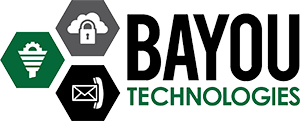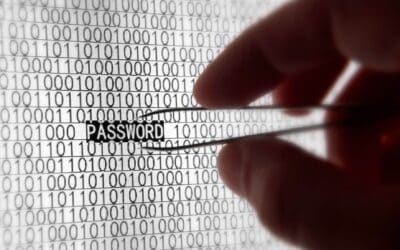We’ve all done it. We’re away from home and want to use the Internet on our laptop, but we don’t have a mobile broadband card for Internet access. The hotel or other facility charges for Wi-Fi, but there on the list of available networks is something that draws us in: Free Wi-Fi. Like moths to a flame, we are drawn to it. We hop on, connecting our device and begin to browse the net, check our email, and use the Internet like we would from home. All is well, we saved some coin, and the world is a friendly place. Then suddenly, you can’t access your email, as it prompts you that your password is wrong.
One of my clients came to me last week after a similar situation happened to him on a vacation in Florida. He lost access to all his email accounts, and even after changing the passwords again, the accounts were again compromised, even going so far as to change the additional account security like changing his mother’s maiden name. After hashing it out with support, he was able to regain control of his own accounts, but the hackers even went further and started to access his bank information and anything else they could compromise using the information they gleaned from his accounts and his browsing activity while he was connected to that free Wi-Fi hotspot.
The lesson to be learned here is that free Wi-Fi is a huge gamble. While it may be free, there are a large number of these access points that are used for malicious purposes. Once you connect to one of these networks, all of your network traffic can be intercepted and picked through, allowing the unscrupulous hackers to easily gain access to your private data, including passwords, credit card information, and more.
What can you do to prevent this? First, don’t trust free Wi-Fi. Unless you know the administrator for the business or location for the network where you are accessing the Internet, it’s better to assume that your information could potentially be compromised. If you want to check your email, use a secure web interface that uses encryption for the connection. Typically, you’ll see a padlock or something in the browser address bar letting you know that the website is being access securely with an encrypted connection. If possible, use a VPN (virtual private network) for your connection. Many businesses have them available for their employees that are traveling, but you can use your own with services like OpenVPN. Of course, paying for access to a secure Wi-Fi network or getting a mobile broadband card is a great way to help ensure that your data is safe.
Of course, there remain a number of ways that your data can be compromised, and caution is key when using the Internet. Always be careful of the links you click, as they can grant access to malicious programs that can deliver viruses and other forms of malware, many of which that are used to steal your logins to bank accounts and more. Always use up-to-date definitions on your antivirus and anti-malware software for the latest levels of protection from this sort of hack.
The Internet can be a very dangerous place, so use caution in how you access it and what you do once you are connected.





